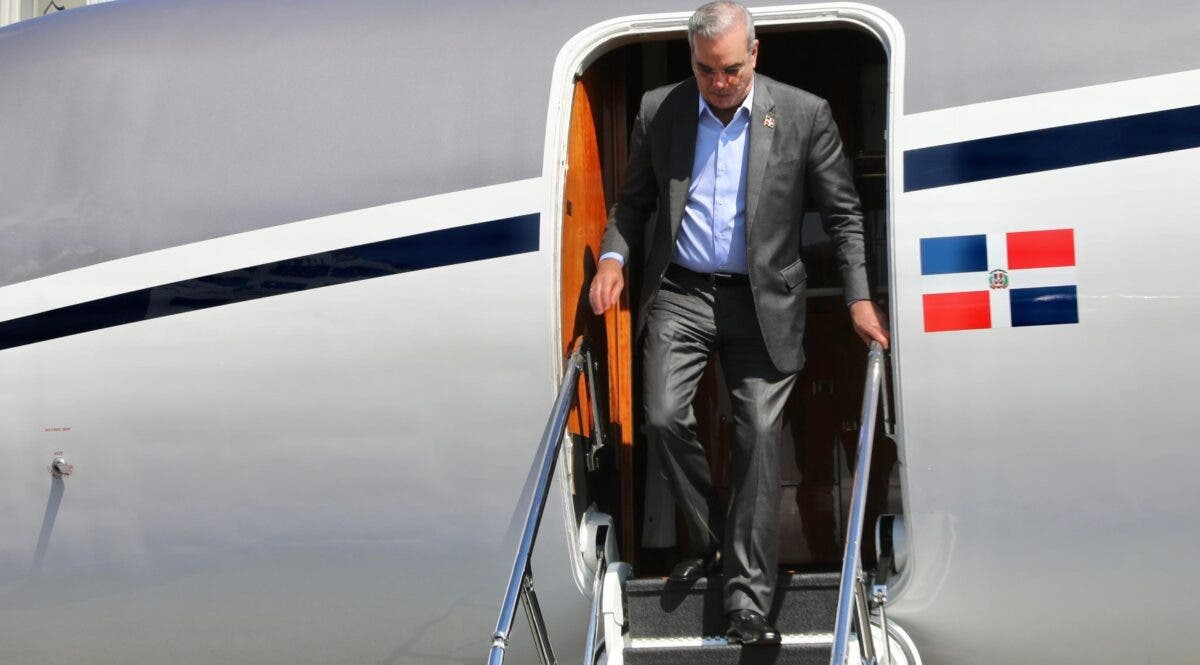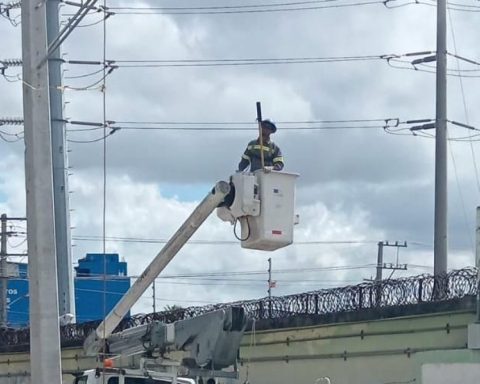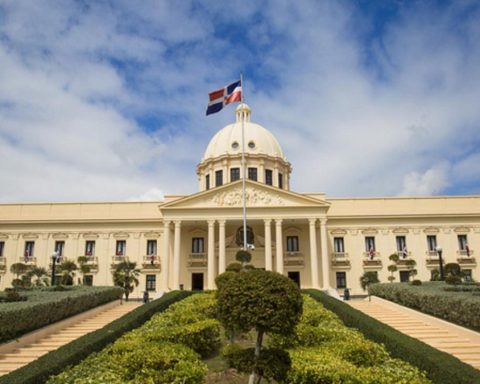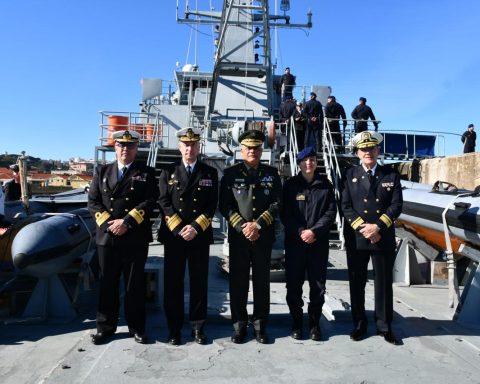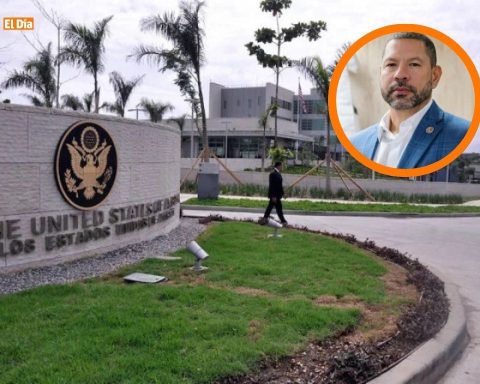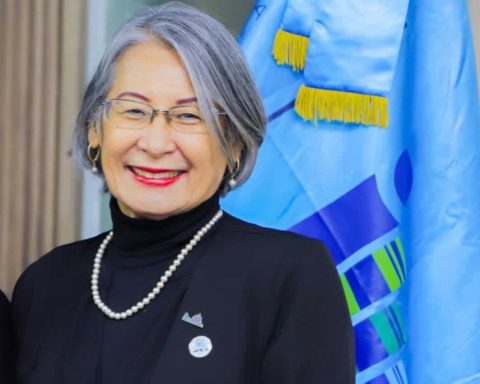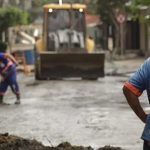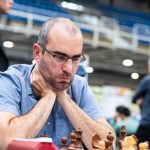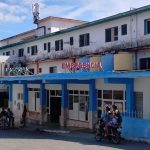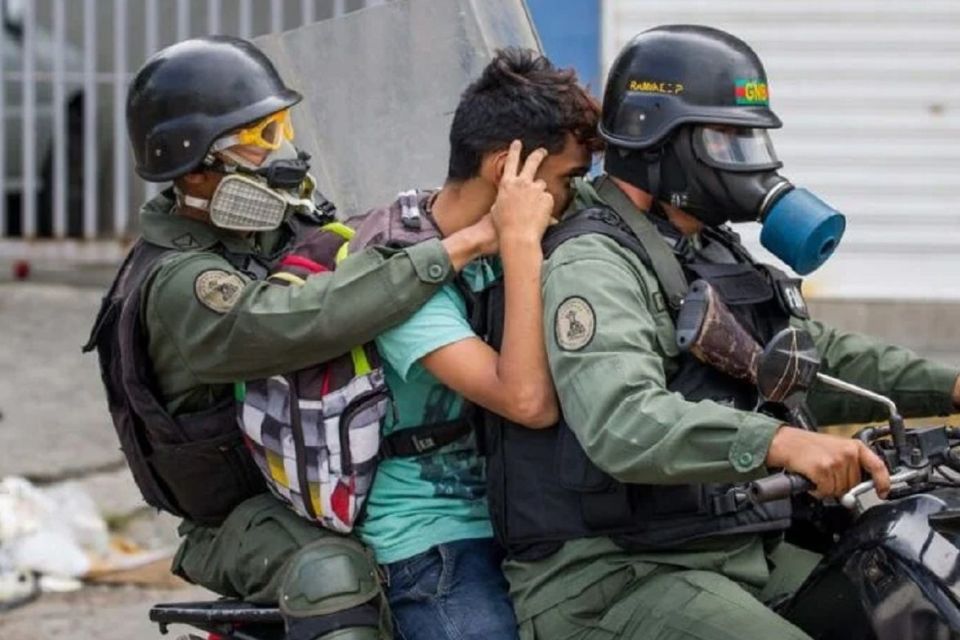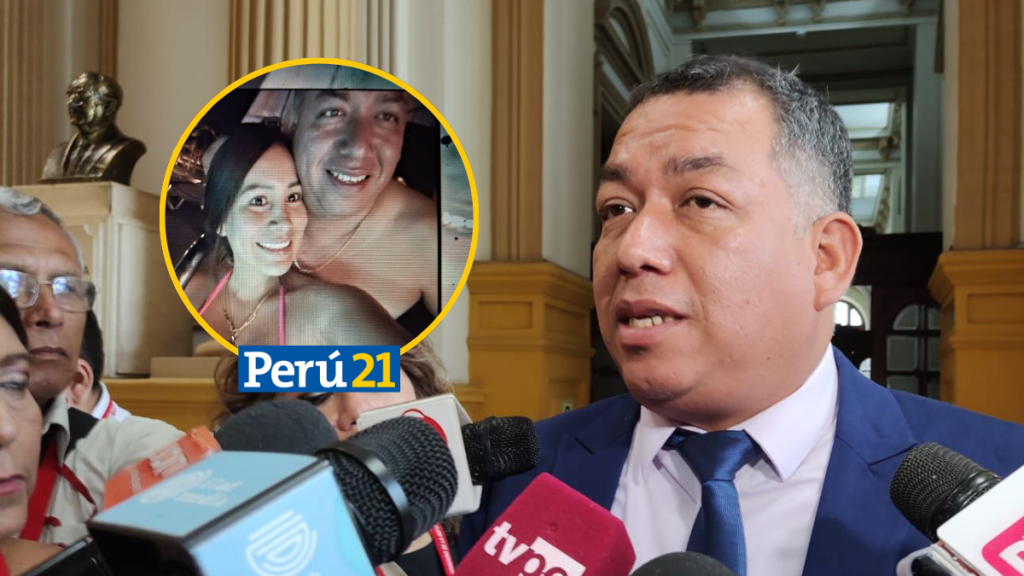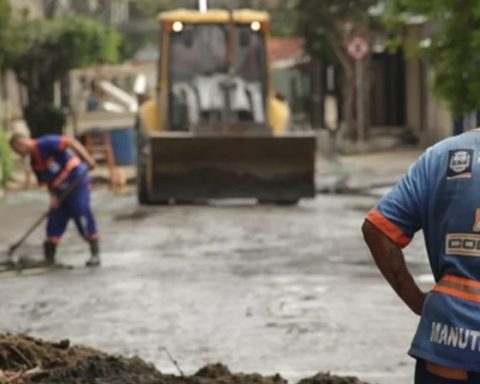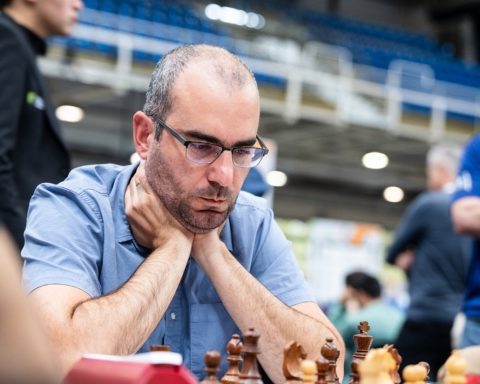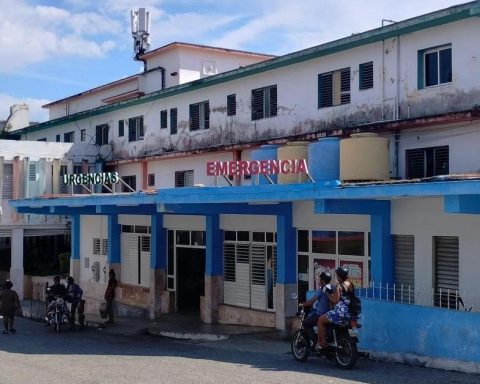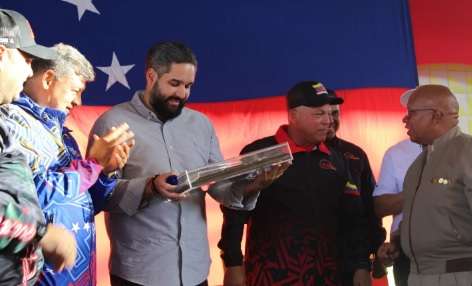New York, USA-The 79th General Assembly of the United Nations (UN) focuses on two of the most urgent issues for the region: the post-electoral crisis in Venezuela and the situation of violence in Haiti.
In both cases, the Dominican Republic will play a key role, especially through the interventions of its president, Luis Abinader, who has been a firm voice in the international community regarding the instability of its Haitian neighbor and the defense of democracy in Venezuela.
Yesterday, upon his arrival in the United States, President Abinader insisted that the international community must reiterate its support for Haiti and fulfill the commitments made to restore order.
“Three years ago I came to warn about the seriousness of the situation in Haiti, and the international community must honour the commitments it has made,” he said.
The president emphasized that “Dominicans have carried a very heavy burden.”
He noted that although the situation in the neighbouring country has begun to improve following the arrival of the international mission, it needs to receive greater support.
President of Kenya
He also announced that he will meet with Kenyan President William Ruto on the sidelines of the 79th United Nations General Assembly.
It is recalled that during the session the Dominican Republic seeks to draw attention to the serious humanitarian and security crisis in Haiti, a recurring concern in Abinader’s statements.
For months, the president has been speaking out in international forums, insisting on the need to restore order in a Haiti controlled by gangs and plunged into chaos.
In September, US Secretary of State Antony Blinken acknowledged the direct impact that this crisis has on the Dominican Republic.
During his visit to Santo Domingo, Blinken stressed that the instability in Haiti affects not only its immediate neighbor, but the entire Western Hemisphere.
The migratory pressure on the Dominican Republic is palpable: thousands of Haitians cross the border daily in search of safety and basic services, which affects both the Dominican health and education systems.
In this sense, Abinader has been clear about the impact this has on his country.
In his recent speeches, he has highlighted that 6.5% of students in Dominican public schools, some 147,000, are of Haitian nationality.
In public hospitals, the figure is even more alarming: 35% of births and 14% of hospitalizations are among undocumented Haitian immigrants.
According to the president, this situation is “unprecedented” at the global level. But Haiti is not the only issue that concerns the Dominican Republic at the UN.
Venezuela
The political and democratic crisis in Venezuela also occupies a central place on the Dominican agenda.
Abinader has been a defender of democracy in that nation, stating that his country has complied with all international commitments regarding the situation in that South American country. However, relations between the two countries have deteriorated in recent months.
The Venezuelan government recently demanded the withdrawal of Dominican representatives from its territory, in protest against what it considered “interference-making actions” by the Dominican Republic following the election results that confirmed the victory of Nicolás Maduro.
Added to this was the suspension of commercial flights between the two countries on July 30, further increasing diplomatic tension.
The conflict worsened when, at the end of August, the United States confiscated a plane belonging to Nicolás Maduro in Dominican territory, transferring it to Fort Lauderdale.
Washington justified the move as part of sanctions and violations of export control laws.
Despite this action, the Dominican government, through its foreign minister Roberto Álvarez, denied any involvement in the investigation carried out by the United States Department of Justice, clarifying that only international legal cooperation was provided.
Against this backdrop, Abinader’s participation in the UN General Assembly takes on even greater relevance. It is expected that during his speech before the UN he will refer again to the complex situations that these two nations are going through.
International support
—1— Mandataries
Various countries have called for a solution to the situation in Haiti.
—2— Request
Both US President Joe Biden and Luis Abinader of the Dominican Republic, among others, have raised their voices before the UN General Assembly. In September 2021 and 2022, Abinader requested the intervention of the international community.
Haiti collapses after Moïse’s assassination
The reason: Haiti’s government has significantly collapsed since 2021, following the assassination of President Jovenel Moïse on July 7.
Moïse was assassinated in his private residence by an armed group, which generated a political and security crisis in the country. At that time, Haiti was already facing a situation of political instability, aggravated by the lack of elections and the expiration of the legislative mandate.
Moïse’s death left a power vacuum, as there was no clear successor as President.
Interim Prime Minister Claude Joseph assumed temporary leadership but was soon replaced by Ariel Henry, whom Moïse had appointed as prime minister days before his assassination.
This transition did not resolve the crisis.
